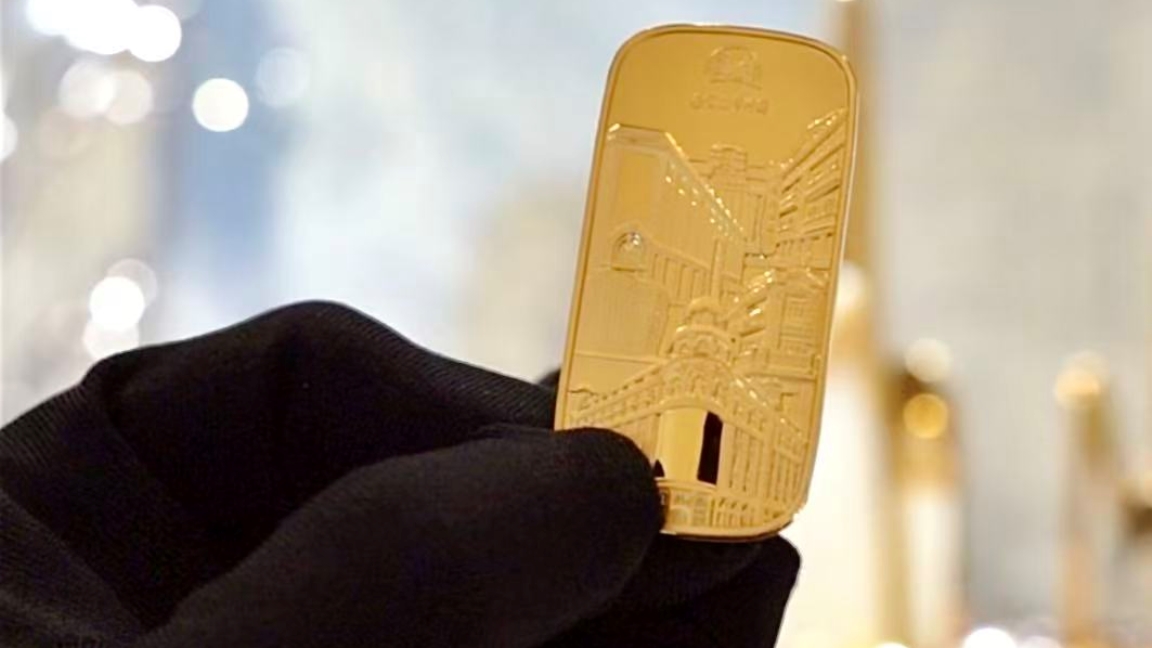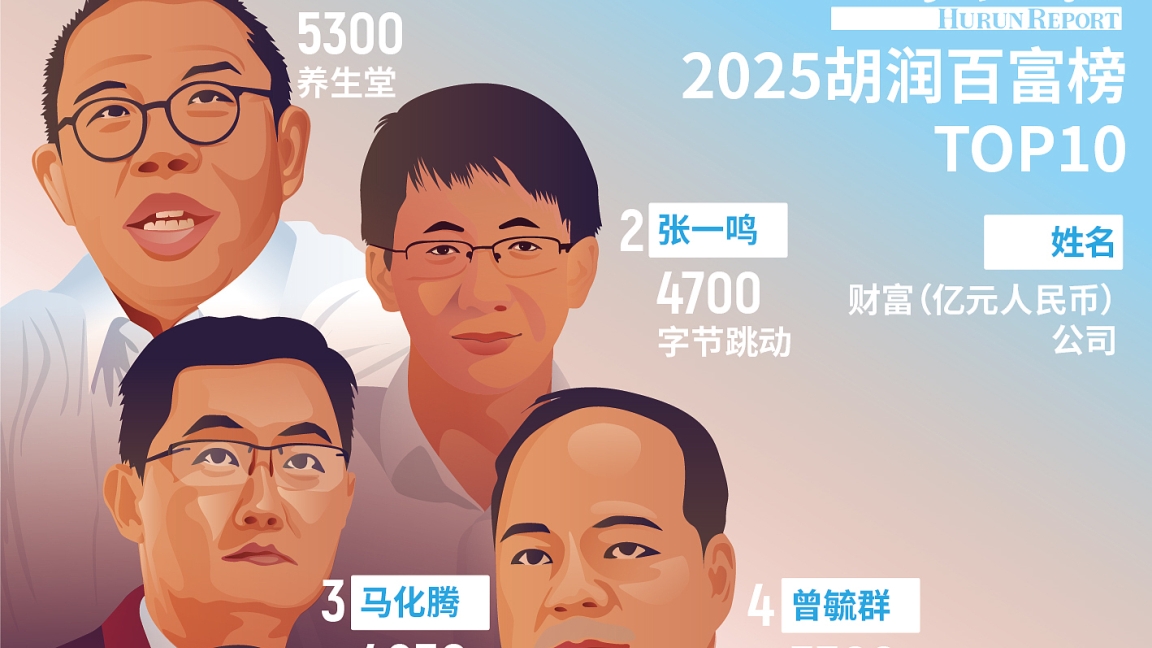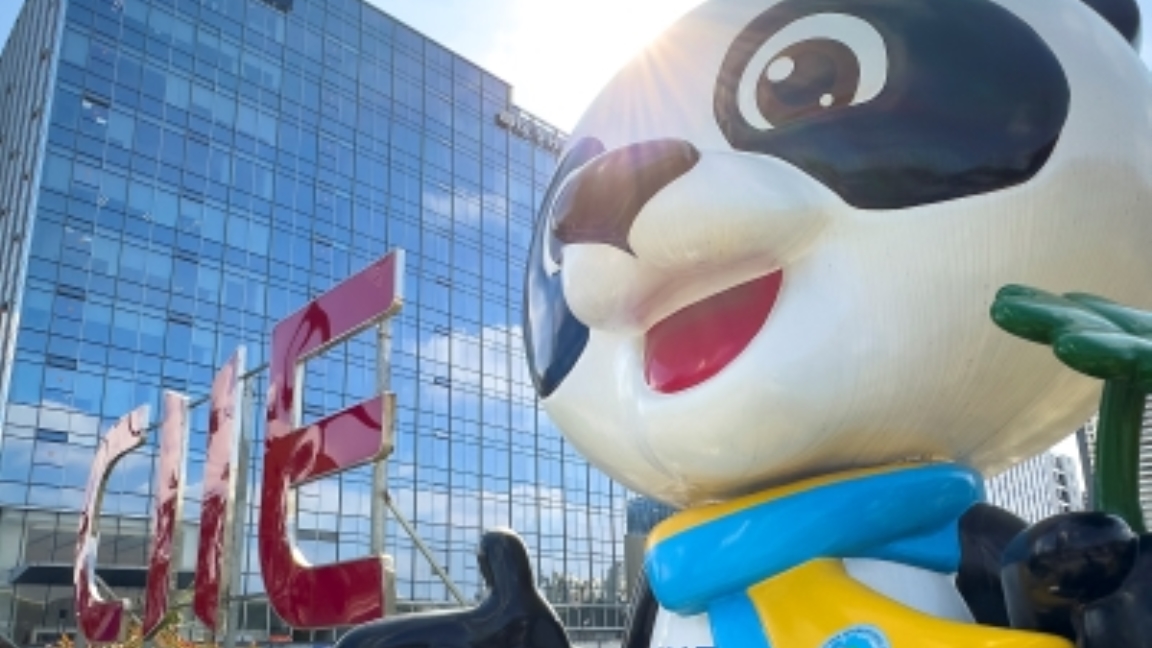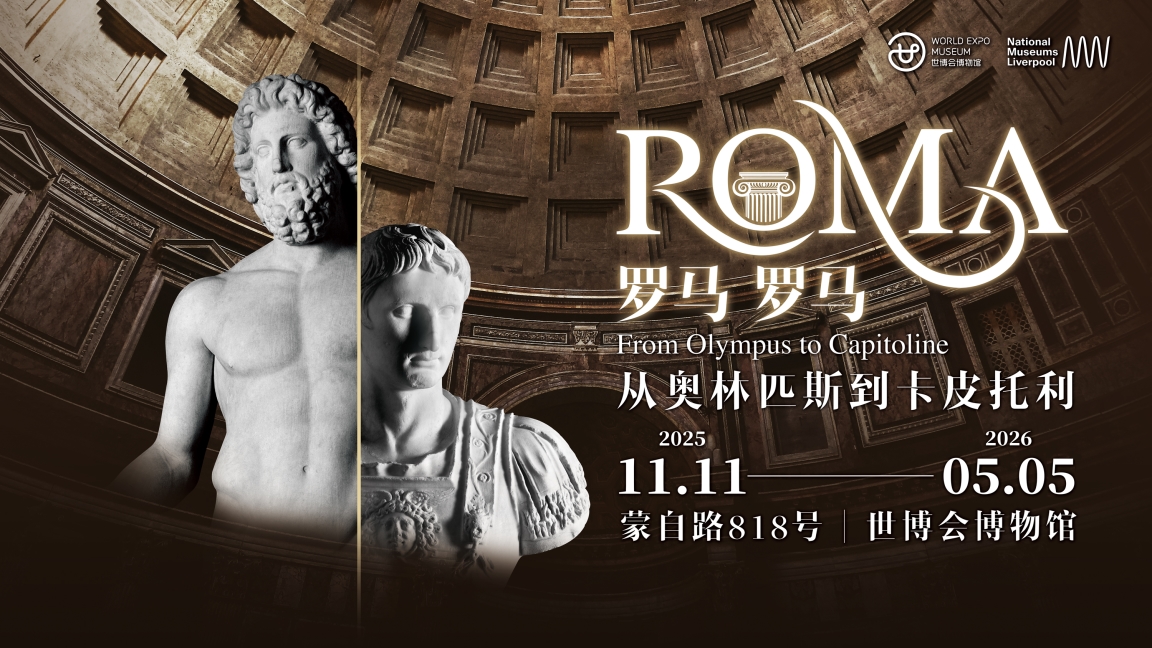Tea Fee Sparks Stir: Price of a Seat in Guangdong's Tea Culture
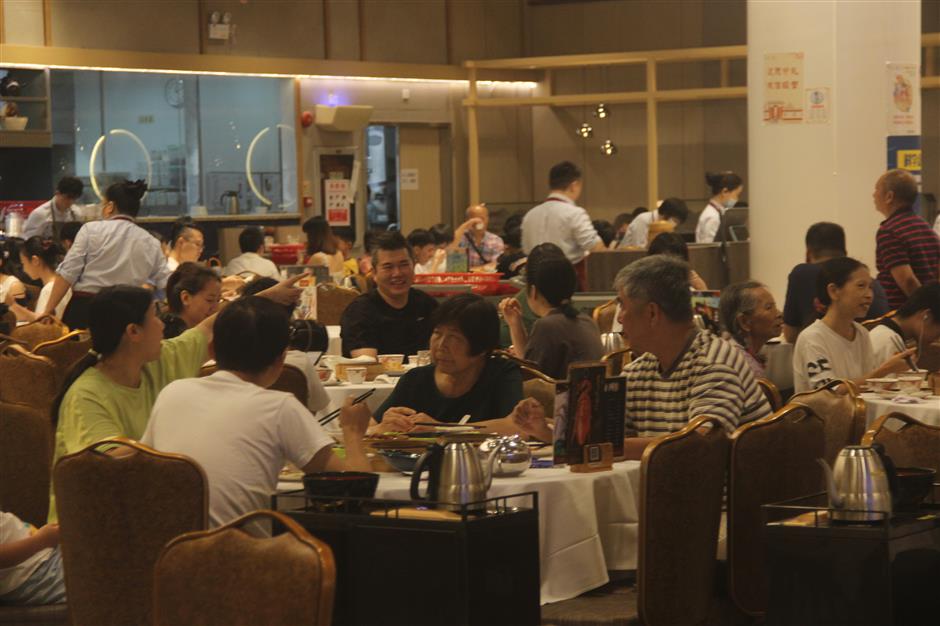
For many visitors coming to Guangdong to savor authentic dim sum, the first surprise isn't the taste — it's the bill. The province's long-standing custom of charging a tea seat fee, even for those who don't drink tea — an 8-month-old baby — has recently ignited a heated online debate.
A traveler surnamed Huang shared her experience online, saying that during a family meal at a seafood restaurant in Shanwei City in Guangdong, her group of 13 people — including five children and two infants — was charged 39 yuan (US$5.49) in tea seat fees, with the bill listing "13 sets of tableware" at 3 yuan per person, Yangcheng Evening News has reported.
Huang questioned why her 8-month-old baby, who neither drank tea nor used any tableware, was also charged. When she asked the restaurant to refund the unused tea fees and adjust the meal cost, the staff refused. After local media picked up the story, the restaurant apologized and refunded the overcharge.
Another traveler shared a similar experience after visiting a popular Cantonese restaurant in Guangzhou during the National Day holiday. She specifically requested no tea, opting for water instead. Yet when the bill came, she found a 5-yuan-per-person tea seat fee.
When she questioned it, the waiter replied, "That's how it's done in Guangdong." Only when she mentioned calling the 12345 consumer hotline did the restaurant remove the fee. In her viral video, she asked: "Guangzhou friends, do you really think the tea seat fee is reasonable?"
The question quickly hit trending lists, sparking widespread discussion. Some netizens argued the fee was outdated and unfair, while others defended it as part of Cantonese dining culture.
To locals, tea seat fees are nothing new. Culinary writer Lin Weihui told New Weekly that the practice dates back to the Qing Dynasty (1644-1911), when small "1-cent tea houses" in Foshan and Guangzhou charged customers a nominal fee for tea and a place to rest — the earliest form of tea seat fees.
A 2016 Guangzhou Consumer Council survey found that 99 percent of respondents had been charged a tea fee, but 77 percent said they found it unreasonable. The council later suggested abolishing basic tea seat fees and standardizing restaurant charges to avoid confusion.
Some restaurant owners, however, defend the practice, saying the fee helps cover service costs in a business where "busy tables don't always mean big profits."
Now, the government is stepping in. Ahead of this year's National Day and Mid-Autumn Festival holidays, the Guangzhou Municipal People's Congress Legislative Affairs Committee released a draft regulation on preserving the city's morning tea culture, open for public comment until October 28.
The draft stipulates that if restaurants charge a tea fee, they must provide a selection of teas — black, green, pu'er, or chrysanthemum — and clearly display all prices. They must also ensure proper tea service and protect consumers' rights.
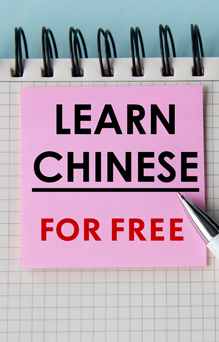
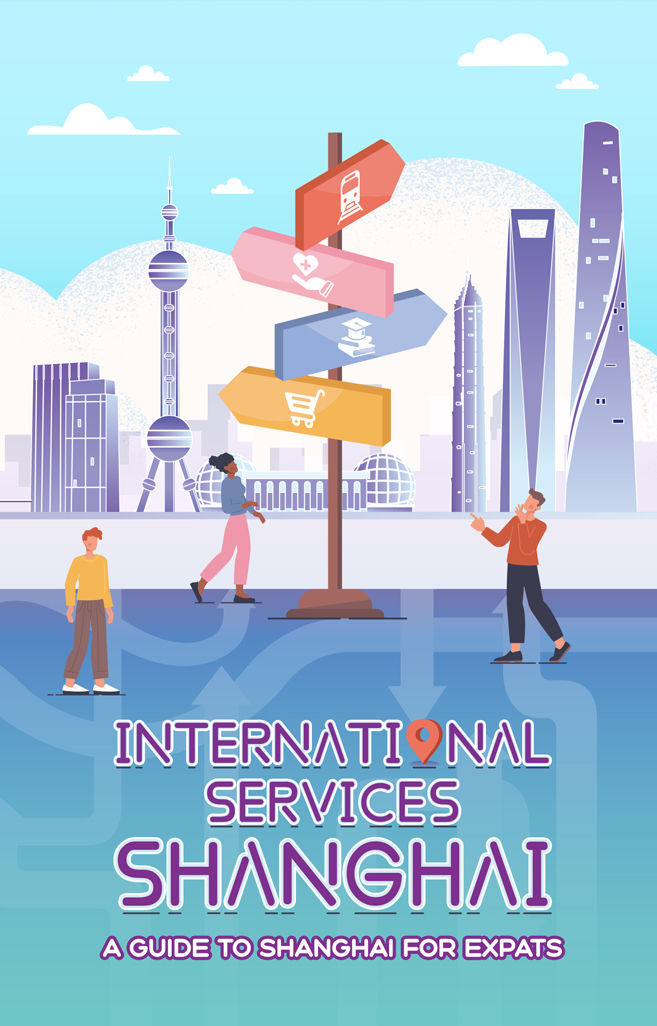


In Case You Missed It...


